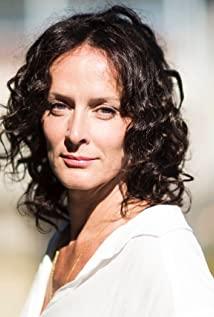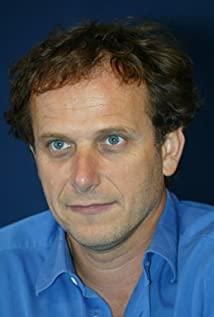The first half is like warm water, flat and straightforward, with memories and reality constantly intersecting, but there is a vague force that supports me in watching. In the second half, authenticity and drama collide, and each plot reversal can arouse my sighs and reflections.
Obviously, men always have more rights and opportunities, and women need to work harder and be more self-disciplined to gain more recognition. At the same time, women are under much more pressure and criticism than men.
After 20 years of marriage, a woman faced the betrayal of her husband. The object of the derailment was not someone else, but her niece. After the divorce, her life was not satisfactory. Later, on the virtual social software, she gained the appearance of her niece. A love, but this shady love made her want to escape many times. Is she deceiving? What hurt this feeling? Is it possible that a 47-year-old divorced woman can no longer have love?
But why? Why can men have more room for choice, men can talk and walk in love, and even use women to hurt women.
"I'm not afraid of death, but I'm afraid of being abandoned." Claire just wanted to make herself happier, she just wanted to get out of the tragedy faster, was she wrong? She doesn't! (This review is too subjective)
"If I were still me, but I was twenty years older, would you still love me?" Put this question on men and women separately, don't rush to give the answer, think for yourself.
View more about Who You Think I Am reviews











